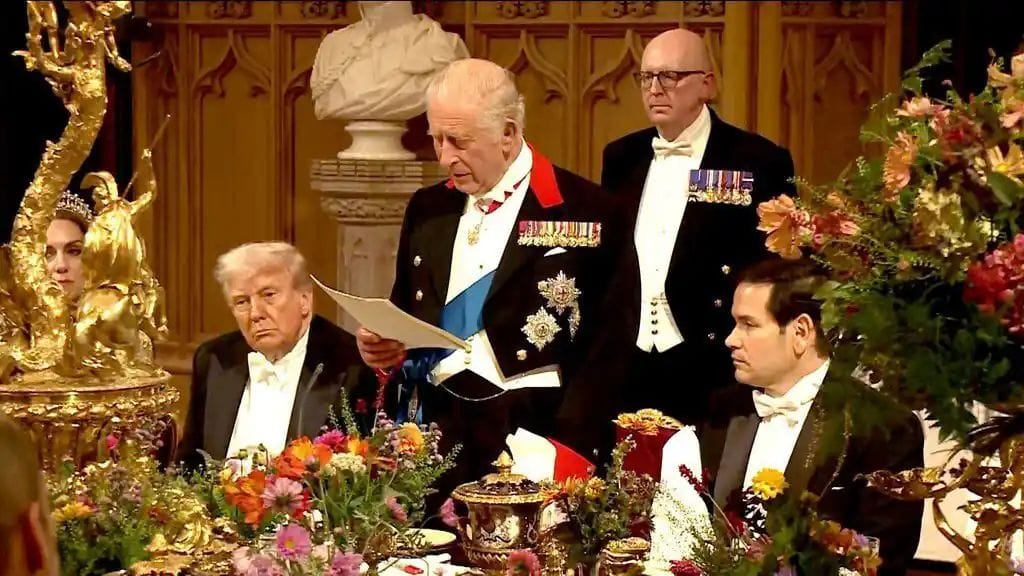China spying allegations in the UK end as prosecutors drop charges against two men, citing insufficient evidence for a national security trial.
The high-profile China spying allegations that once gripped Westminster have officially ended after prosecutors in the UK decided not to proceed with charges against two men.
The Crown Prosecution Service (CPS) said the evidence gathered during a lengthy investigation was not strong enough to take the case to trial, closing one of Britain’s most sensitive recent espionage cases.
Christopher Cash, 30, a former parliamentary researcher, and Christopher Berry, 33, a teacher from Oxfordshire, had been accused of breaching the Official Secrets Act.

Prosecutors claimed they had obtained information between December 2021 and February 2023 that could have harmed national security.
Both men denied the charges, while Beijing dismissed the China spying allegations as politically motivated.
Case Dropped in Court
At the Old Bailey, prosecutor Tom Little KC told the court that his team could not offer any evidence.
“We simply cannot continue to prosecute this case,” he said. The trial had been scheduled for October at Woolwich Crown Court but has now been canceled.
Mrs Justice Cheema-Grubb accepted the decision and recorded not guilty verdicts for both defendants, saying she was “quite satisfied” with the CPS judgment.
The end of the China spying allegations disappointed security officials who had emphasized the seriousness of the claims.
A Home Office spokesperson said: “It is disappointing they will not face trial given the seriousness of the allegations. We will continue to use the full range of tools and powers to guard against malign activity.”
Personal Toll on the Defendants
For Christopher Cash, the experience was devastating. Speaking outside court, he described the past two years as a “nightmare” and said he was relieved that “justice has been served.”
He called for lessons to be learned from what he referred to as “this sorry episode.”
Cash’s lawyer, Henry Blaxland KC, noted that colleagues at the China Research Group (CRG)—a parliamentary body examining policy toward Beijing—were shocked by his arrest.
“We only hope he can now rebuild his life,” he said. Reports indicated Cash had access to senior Conservative MPs, including former security minister Tom Tugendhat and then-Foreign Affairs Committee chair Alicia Kearns.
Berry, who was also arrested in March 2023, has remained largely private but, like Cash, consistently denied any wrongdoing.
Beijing’s Response
China firmly rejected the accusations from the outset. A spokesperson for the Chinese embassy in London called the China spying allegations “completely fabricated” and accused the UK of staging “a political farce.”
The diplomatic clash deepened already tense UK-China relations, which have been strained in recent years over technology bans, trade disputes, and human rights issues.
Ongoing Espionage Concerns
While this case has ended, security agencies continue to warn about foreign intelligence threats. MI5 has repeatedly said that Chinese operatives are targeting politics, defence, and business across the UK.
In 2022, the security service issued an alert about Christine Lee, a lawyer accused of working as a Chinese agent by attempting to influence Members of Parliament.
Around the same time, businessman Yang Tengbo was barred from entering Britain on suspicion of intelligence links. Both individuals denied the claims.
These examples illustrate the difficulty of turning intelligence concerns into viable legal cases. Sensitive information often cannot be shared in open court, leaving prosecutors without the admissible evidence required to secure convictions.
Lessons for the Future
The conclusion of the China spying allegations highlights the challenge democratic states face in protecting national security while upholding due process.
Authorities warn that espionage is a growing danger, but courts demand solid evidence that meets strict legal thresholds.
Civil liberties advocates stress that individuals accused of espionage risk losing their reputations and careers even when acquitted. For Cash and Berry, the stigma may linger despite their legal vindication.
For the UK government, the case illustrates both the seriousness of foreign interference and the difficulties of addressing it through the justice system.
Analysts expect further espionage cases as geopolitical tensions with China continue.
The decision to drop the China spying allegations against two men in the UK has brought closure to a controversial prosecution but left deeper questions unresolved.
How can Britain defend itself from espionage while maintaining fairness in its courts? Can intelligence assessments be transformed into evidence strong enough for trials?
For the defendants, the ruling brings relief and the possibility of rebuilding their lives. For the government, however, the broader debate over espionage, national security, and justice in the UK-China relationship is far from over.


